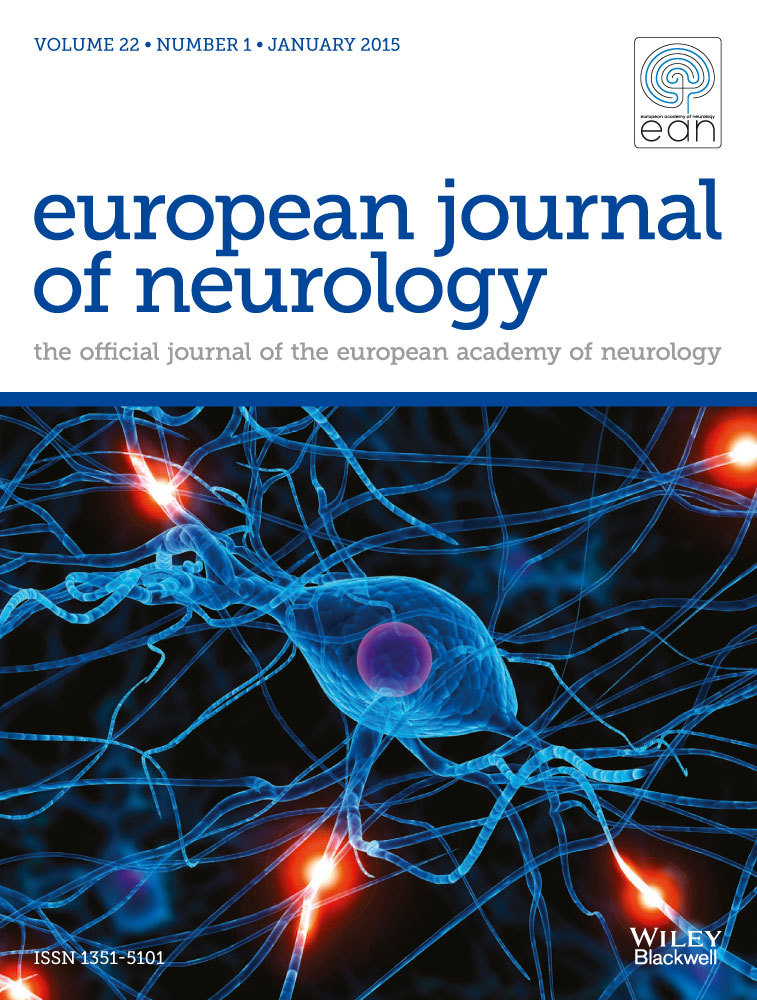Associations of chronic heart failure with outcome in acute ischaemic stroke patients who received systemic thrombolysis: analysis from VISTA
Abstract
Background and purpose
There are concerns that systemic thrombolysis might not achieve clinically important outcome amongst chronic heart failure (CHF) patients with acute ischaemic stroke. Our aim was to investigate the relevance of CHF on the outcome of acute stroke patients who received thrombolysis.
Methods
A non-randomized cohort analysis was conducted using data obtained from the Virtual International Stroke Trials Archive. The association of outcome amongst CHF patients with thrombolysis treatment was described using the modified Rankin scale (mRS) distribution at day 90, stratified by the presence of atrial fibrillation. Dichotomized outcomes were considered as a secondary end-point.
Results
5677 patients were identified, of whom 2366 (41.7%) received thombolysis. Five hundred and three (8.9%) patients had CHF, of whom 209 (41.6%) received thrombolysis. The presence of CHF was associated with a negative impact on overall stroke outcome [odds ratio (OR) 0.73 (95% confidence interval (CI) 0.62–0.87), P < 0.001]. However, thrombolysis treatment was associated with favourable functional outcome using ordinal mRS, irrespective of CHF status, after adjustment for age and baseline National Institutes of Health Stroke Scale [OR 1.44 (95% CI 1.04–2.01, P = 0.029) for CHF patients versus OR 1.50 (95% CI 1.36–1.66, P < 0.001) for non-CHF patients]. CHF patients had higher mortality at day 90 than non-CHF patients. There was no significant difference for recurrent stroke or symptomatic intracerebral haemorrhage within 7 days of the initial stroke between CHF and thrombolysis groups.
Conclusions
Chronic heart failure was associated with a worse outcome with or without thrombolysis. However, acute stroke patients who received thrombolysis had more favourable outcome regardless of CHF status, compared with their untreated peers. Our findings should reassure clinicians considering systemic thrombolysis treatment in hyperacute ischaemic stroke patients with CHF.




